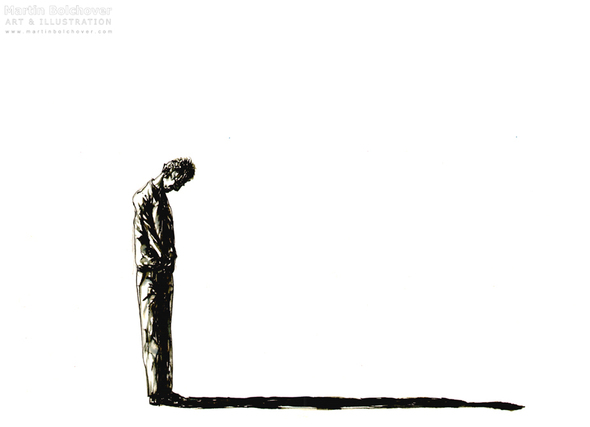I find myself writing this article as a reminder that I understand the all out “guilt” families feel when they are planning a drug or alcohol intervention, and here’s why. My mother. I clearly remember the day that my husband pointed out to me that my mother was struggling to breathe. She would do simple tasks, walk upstairs (4 stairs) and be out of breath. She would walk to the car and be out of breath. she would hurry along doing things around her house and struggle to catch her breath. I immediately started paying closer attention to the situation and sure enough, he was right. My mom was having a hard time and because we never want to think something might be wrong, I didn’t notice, or I ignored it…out of fear. I was shocked that something so prevalent in her life could be staring me in the face and I couldn’t see it. It was a very clear reminder that many families I work with are in the exact same boat. We can’t see, what we choose not to see or what we are afraid to see. From a serious health issue right down to an addiction. When it’s time to pull the proverbial trigger on an intervention, we question ourselves. “Is this necessary?” “Will he/she be mad with us?” “What if they don’t agree to get help?” All those same questions went screaming through my head with regards to my own mother, just like they do with an addicts’ family, but we needed to do a medical intervention immediately.
Since I am the trained professional interventionist in our family, I called my sister for support, called my brothers to back me up and started the process. Do you think my mother agreed right away to see a doctor? No! She did not. She even denied there was a problem. Sound familiar? But with enough gentle, clear and loving communication, she finally agreed. Sometimes an intervention is also a process. As a family we made the doctor appointment and my sister, and I took her in. She got a thorough exam and her regular doctor said she couldn’t see any real problem. I have witnessed the same thing happen during a drug and alcohol intervention, the similarities kept slapping me in the face, so to speak. Keep reading, it gets better. My sister and I insisted on a referral to a specialist and off we went to get a second opinion. You see, if there’s an issue with the electrical system you do not call a plumber! You call a specialist! After his exam it was determined that she would, in fact, need a stent due to blockages in her heart, hence, the trouble breathing. We scheduled the surgery and took her in.

I will never forget the day it happened. I was already feeling guilty because I had to do an intervention on my mom to get her medical care, but let me tell you, I was not prepared for what happened next. They took her into surgery, my brothers and sister were with me and an hour or so later (it was supposed to take several hours) they brought her back. Woke her up and announced that she wouldn’t need a stent, she would have to have open heart surgery as soon as possible. As I stood there, with my mouth hanging open, I looked at my mother and as her bottom lip started to quiver and her eyes welled up with tears, this enormous wave of indescribable guilt washed over me. And that’s when I knew. I was guilty! I felt so incredibly guilty for wanting to save her life. Why did I feel guilty? Because I knew that my actions, even though they would save her life, would hurt her physically and be very difficult to heal from. It is so very similar to getting help for an addiction. I love my mom. I need my mom and I would do anything to save her but the guilt I felt was so overwhelming that time stood still for me in that very moment as I truly realized how utterly guilty a family feels when they do a drug or alcohol intervention. I get it.
We have to do the hardest things we have ever experienced when we are trying to save someone’s life…but in the end…through all the pain and guilt…it’s worth it.




